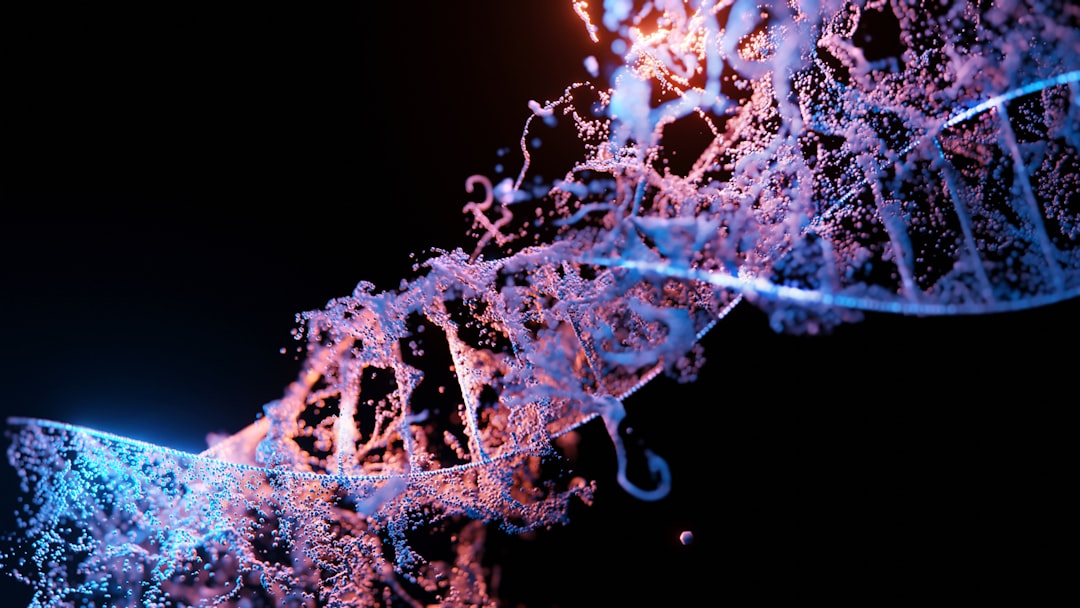6 Rare Chronic Conditions That Are Changing How We Understand Health
When we talk about health, our minds often gravitate to conditions everyone knows—like high blood pressure, diabetes, or arthritis. Yet, tucked quietly in medical journals and advocacy circles are rare chronic conditions changing the way doctors, researchers, and everyday people view the very foundation of wellness. These uncommon illnesses not only affect a small slice of the population, but their mysteries are causing ripples that reach far beyond those diagnosed. In many ways, what doctors learn from "zebra" cases becomes wisdom that helps everyone. Think of each rare condition as a clue in an ever-evolving detective story. By tracking unusual patterns, scientists have discovered new pathways in genetics, the immune system, neurology, and even the way we talk about pain and healing. The stories behind these conditions are teaching us to see chronic illness not as a single path, but as a web connecting body, mind, and community. Importantly, these breakthroughs are resulting in real changes—more accurate diagnoses, fresh treatments, and a deeper sense of empathy throughout the healthcare world. So why does it matter to understand illnesses that seemingly affect so few? Because the lessons they provide unlock care for so many more. This list spotlights six rare chronic conditions leading some of the biggest shifts in health science today. Their challenges, and the voices of those living with them, are guiding a smarter, kinder era in wellness for all.
1. Activated PI3K Delta Syndrome: Unlocking Genetic Mysteries

Activated PI3K Delta Syndrome, often abbreviated as APDS, is a rare genetic immune disorder that's quietly reshaping the world of personalized medicine. People with APDS experience recurring infections, swollen lymph nodes, and immune system dysregulation. While it may sound like a diagnosis for only a few, the science behind this syndrome is rewriting textbooks for everyone. Thanks to advanced genetic testing, doctors are now able to identify mutations responsible for APDS, allowing targeted treatment plans tailored to an individual's unique genetic blueprint. The ripple effect of this discovery goes much further than one rare disease. APDS has pushed researchers to look for similar pathways in other immune conditions, encouraging a new era where medicine doesn’t just treat symptoms, but gets to the root cause. Patients and families affected by APDS have become advocates for deeper genetic research and broader awareness, sharing their stories to help others seek answers more quickly. As we learn more about the genes behind rare chronic conditions, the hope is that precision medicine will continue to provide realistic solutions, not just for APDS, but for countless chronic illnesses that have puzzled specialists for generations.
2. Stiff Person Syndrome: Rethinking Neurological Rarity

Stiff Person Syndrome is a chronic neurological disorder that causes severe muscle stiffness and painful spasms. It has recently made headlines, in part thanks to high-profile individuals going public with their journeys. While this condition is rare, its impact runs deep—challenging how the medical community thinks about autoimmune diseases and the nervous system. Research into Stiff Person Syndrome has led doctors to look more closely at the links between the immune system and the brain, opening doors to earlier diagnoses and better, multi-disciplinary care strategies. What’s more, patient advocates have played a key role in raising awareness—and in pushing for more research funding. Their stories remind us that invisible illnesses often hide in plain sight, and that the pathway to compassionate care includes listening as much as testing. The new medical knowledge coming from Stiff Person Syndrome is shaping how medicine approaches similar disorders, making room for more nuanced understanding and more hopeful treatment possibilities for rare and common neurological conditions alike.
